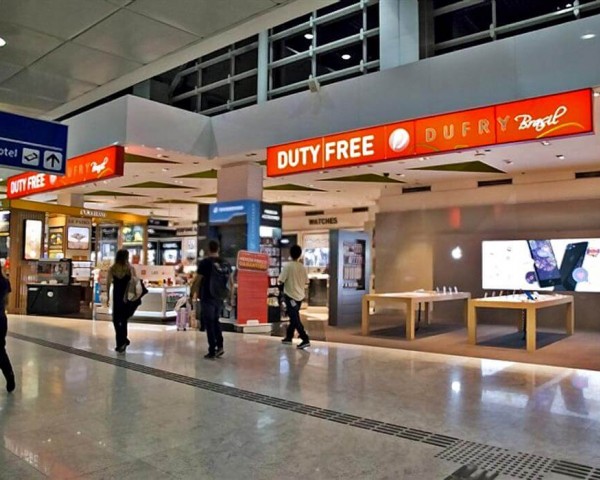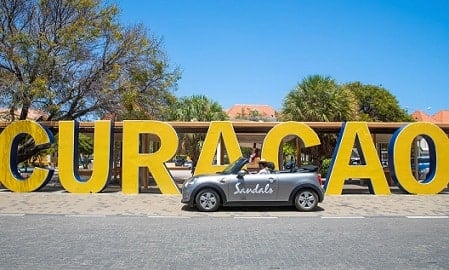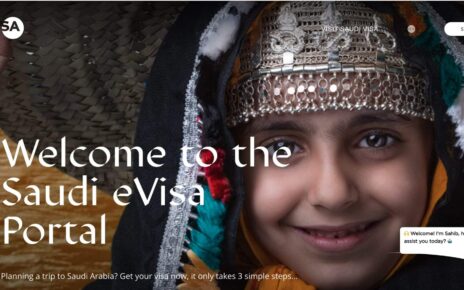In many countries, tax rebates on tourist purchases are used to stimulate consumption by international travelers. These days, the Brazilian government is analyzing the implementation of tax-free purchases for tourists.
If the initiative is approved, “each state would apply it according to its own needs” government and private sector officials emphasized.
According to the study “International tourism: satisfaction and consumption in the state of Rio de Janeiro and tax-free”, carried out by the Fecomercio Research and Analysis Institute, the system should be implemented parallel with the tax reform promoted by the government of Luiz Inácio Lula da Silva to simplify Brazil’s tax collection system.
During the study presentation regarding the prospects for tax-free purchases in the state of Rio de Janeiro (based on research by Fecomercio), the forecast is that with the tax cut, the average spending of tourists traveling to Rio would increase by 18%. In this way, instead of $542, they would spend $665 every ten days, and it would imply additional spending of $198.9 million per year by international visitors.
In turn, a survey included in the study and carried out between March 7th and 14th, 2023 in the departure area of the Tom Jobim International Airport among 866 people, found that 55.9% of travelers assured that they bought items on their travels to take with them as souvenirs.
Meanwhile, 31.5% bought some products because they were cheaper than in their countries of origin and 26% said it was because of the quality of the products. 83.4% of those interviewed stated that they chose Rio de Janeiro for leisure vacations. Brazilian tourism would thus benefit from the tax reform.
Among the foreign tourists interviewed, 48.7% said that they had already heard about tax-free purchases and 50.7% that they had already used the refund program in other countries.
Among those who were aware of tax-free shopping, 27.3% stated that it was important for making purchases and 46.2% admitted that they would spend more with the adoption of the measure on future trips to Brazil.




